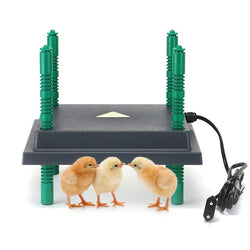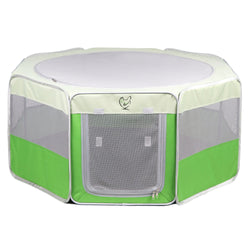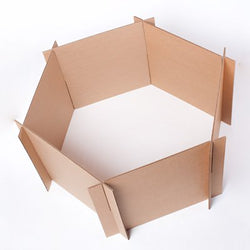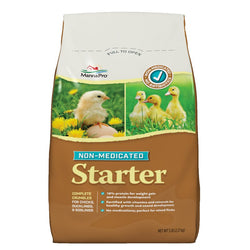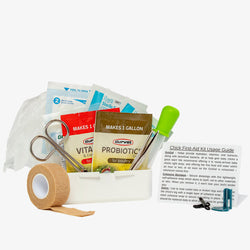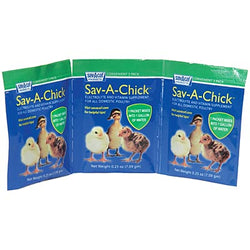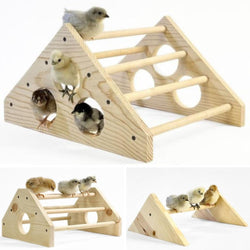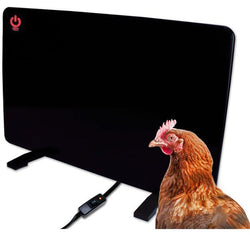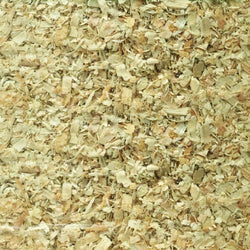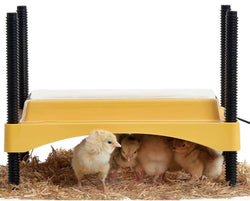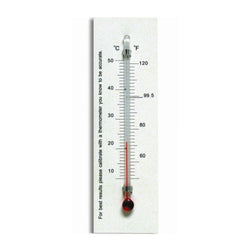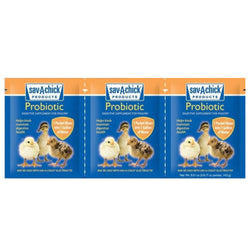What is vent gleet and how can I treat my chickens that have it?
Back to blog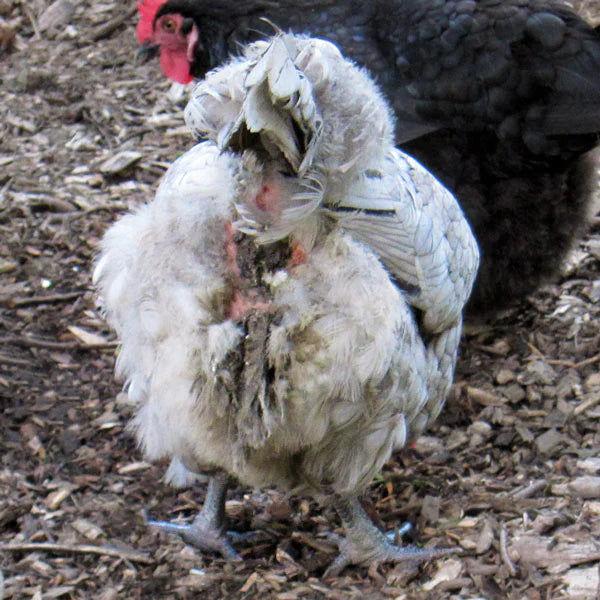
In baby chicks, pasty butt (a.k.a. pasted vent) occurs when poo dries in the chick's vent (her pooper) and the blockage prevents her from defecating. This is a critical situation for a baby chick and should be addressed immediately because it can be fatal.
By the time your bird is an adult layer, her muscles are pretty well developed for expulsion, and the vent can expand significantly (large enough to pass an egg, right?). So, adult hens seldom (perhaps never!) suffer from pasty butt. That said, they can certainly get vent feathers messy with loose poo, and that can occasionally be a concern. A little poo in the vent feathers isn't that big a deal; it happens from time to time, and generally speaking, your hen will clean it herself.
But if your bird has a genuine case of vent gleet, it is a sign that something is not going well in her digestive tract and she may need your help.
What is vent gleet?
Vent gleet (a.k.a. cloacitis) occurs when a chicken's cloaca becomes inflamed. The most obvious symptom you'll see is a yellowish-white discharge from the vent area which sticks to the feathers on the rear end (gross - we know!). Your bird may also have bloated abdomen and gassiness, feathers that appear less shiny than usual, and if a female, a decrease in her usual egg laying frequency. The vent area may also appear red and inflamed -- and smelly.
In cases of late-stage or advanced vent gleet, your bird's abdomen may be form to touch, their vent may be very swollen, and their droppings could even contain blood.
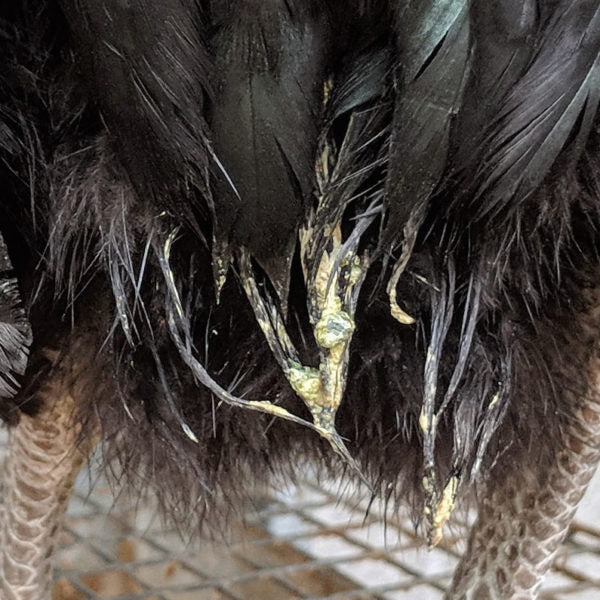
How can I prevent vent gleet in my flock?
Thankfully, there are some measures you can take to keep your flock from getting vent gleet in the first place:
- Hold off on the treats. Most of your flock's diet should come from a complete feed that provides all the nutrition your birds need. These types of feed can be purchased online or at a local farm store. Treats are usually higher in carbohydrates and lacking the complete nutrition that chickens need for total health.
- Make sure your feed is correct for the bird's age. Depending on the maturity of the bird, they may need starter, developer, or layer feed. Most feed manufacturers will have a feeding schedule posted on the bag. It is usually recommended that you offer starter feed up until 10-12 weeks of age, then move on to developer feed until around 20 weeks, followed by layer feed for your laying-age hens and older.
- Provide grit to help your birds digest their feed. Chicks that are eating anything in addition to finely-milled chick starter feed will need chick grit. Older birds will need poultry grit, which has a little larger grit size.
- Supplement water with anti-fungal, anti-bacterial products. Great products like RopaPoultry Oregano Supplement, or Seabuck 7 Additive Supplement can help keep your flock's digestive system healthy.
- Give your flock probiotics every few weeks.
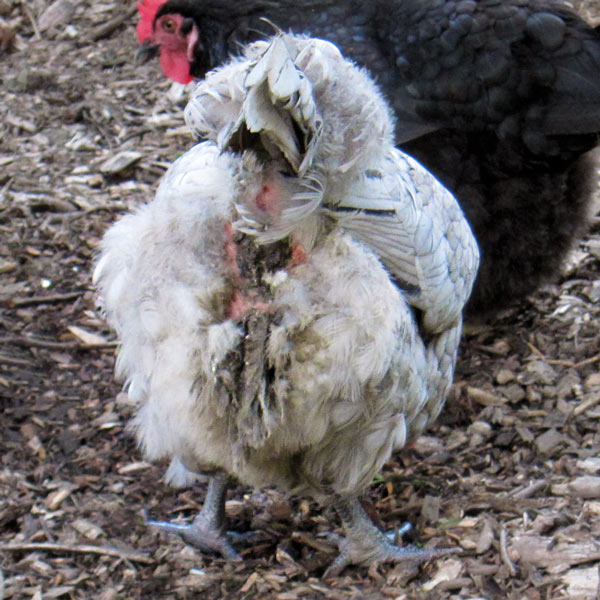
What causes vent gleet?
- PH imbalance. The cloaca is the last few inches of your chicken's digestive and reproductive tract. If your chicken's body is too acidic or alkaline, it can make them more susceptible to vent gleet.
- Fungal infection, including yeast.
- Bacterial infection. Gleet caused by bacterial infections may persist for weeks or months and be resistant to the usual treatments.
- Stress or hormones. Like humans, external stress and hormonal cycles impact the entire body and affect the digestive system. In chickens, those factors can lead to vent gleet.
- Protozoa or other parasites. Internal parasites can irritate the cloaca and cause vent gleet.
How can I treat chickens that have vent gleet?
Vent gleet is a symptom, not a disease, so it may take some time to determine the exact cause of the issue. To get an authoritative diagnosis and treatment plan, we recommend that you consult with a vet. In the case of advanced, more serious vent gleet, you will want to take your bird to a vet immediately.
Here are some recommendations for treating less advanced, milder cases:
- Quarantine the affected bird(s) from the rest of the flock during treatment. This will protect the bird from curious, pecking flockmates and will protect the flock from any potentially contagious causes of the gleet.
- Offer fresh water daily, using a supplement and/or probiotic as mentioned earlier, during the entire treatment period. Make sure to administer any supplements according to the manufacturer's instructions.
- Provide both sizes of grit at all times in cage cups or mixed in with their feed.
- Clean the vent area daily with warm water and a mild detergent like Dawn dish soap. Keep the bird warm while you dry them off. You don't want to add the stress of being cold to an already-stressed bird! Keep cleaning the vent for as many days as it takes for the vent gleet to subside. In some cases, it may take up to a week or more.
- Use an over-the-counter anti-fungal cream on the vent area after washing the bird each day.
- Trim vent feathers carefully, making sure you don't trim too close to the skin, injuring the bird. It is usually safest for two people to do this: one to hold her still and the other to do the trimming around the vent.
Every time you handle your bird--especially the poopy areas!--make sure to properly clean and sanitize your hands, and change your clothing if necessary.
Any time you see droppings attached to your bird's feathers--even if it's not caused by an underlying infection--you'll want to clean it as quickly as you can. Attached droppings can irritate the skin--or even worse--can attract insects and invite myiasis or flystrike. You don't want flies laying their eggs in her feathers or on her irritated skin!
If your bird's vent gleet doesn't subside after two weeks, it is possible that something more serious is going on and you'll want to contact an avian vet immediately. The vet will likely collect a fecal sample and prescribe an oral antibiotic if the infection is deemed to be bacterial. If you're not sure whether there is a qualified vet nearby, you can consult the Association of Avian Veterinarians website to find the avian veterinarians nearest you.
In conclusion, sure--vent gleet is gross ans smelly, but in most cases, it is treatable. Your bird will appreciate the tender, loving, care you provide for her in helping her overcome this issue. May all of the birds in your flock have fluffy butts!
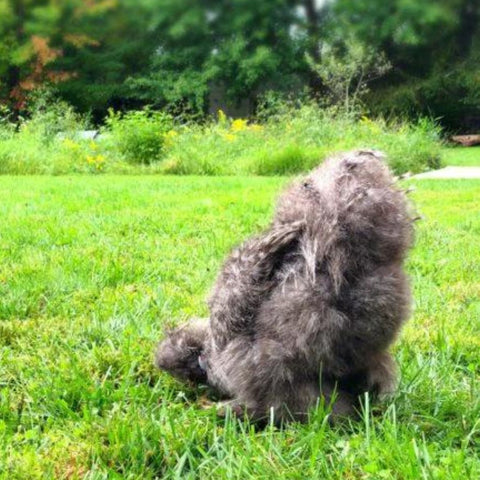
This is what a healthy and fluffy butt should look like!
